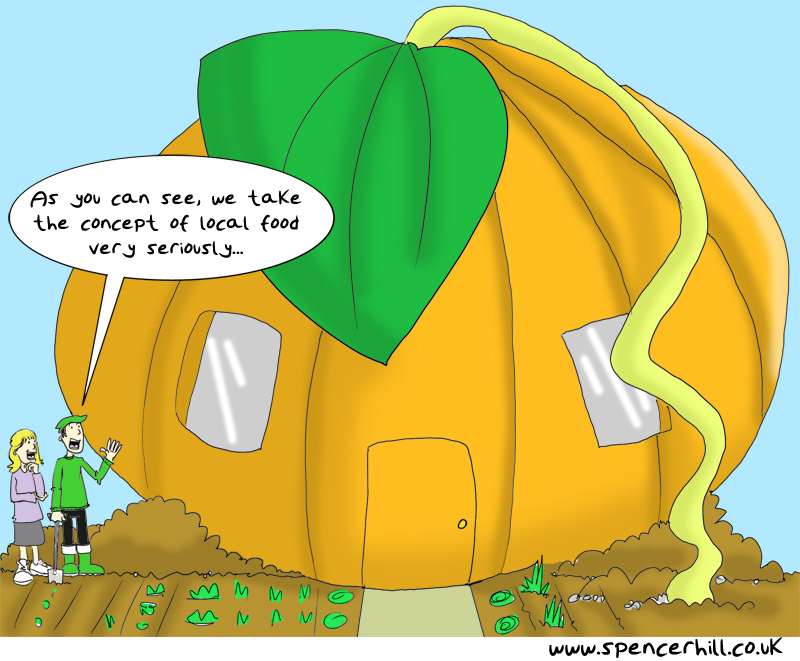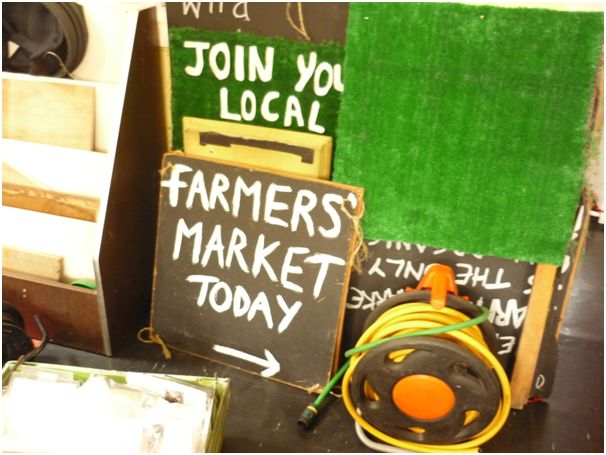Right at the start of the Cold War the US and the USSR squabbled over how to construct human rights for the United Nations. The USSR wanted to talk about positive rights, eg: the right to have food, whereas the US only wanted rights worded in the negative: freedom from hunger. It is a concise summary of the perspectives of these two very different empires. It is an interesting thing to consider: what is more important, freedom to or freedom from? Are they even that different?
Freedom has been a recurring theme in my research so far. There is a strongly held belief that people should have the freedom to choose what to eat, and in order to do that, they need the freedom to know what's in their food. It has come up, recently, in relation to GM food and labeling. For years activists have been calling for compulsory labeling of GM ingredients but this seems to be an unpopular policy choice for businesses. I can see how it might be hard to institute. It is a shame that this freedom is considered little more than an inconvenience by corporate interests. Tracking down every last ingredient could be costly and time-consuming, not to mention things like GM animal feed which might have residue in the product. The longer we don't have food labeling, the more difficult it will be to separate the contaminants. So here there is both a demand for the freedom from GM and the freedom to have knowledge that might make that possible.
Food sovereignty has been closely connected to the anti GM/GE movement in Europe, and it's just one of the many food freedom issues. One of the great things about local food (yes, that's a value judgement) is that it takes freedom to a whole different level. If you know the woman baking your bread, the family who milk the cows that produce your milk and the group of people who make your pesto you can have an idea or their integrity and the integrity of the product. Of course, this analogy just reeks of privilege. There are plenty of people out there who can't afford pesto.
Which brings me to my next point. Freedom is a privilege. I'm really not saying that it should be, but unfortunately it often is. The freedom to easily participate in society is something many people can't afford and too often these are the people who crowd our prison system. Food freedom is a middle-class luxury too much of the time. Farmers markets are mostly populated by well-dressed (if sometimes eccentric) white folk.
Whaingaroa is somewhat of a bubble, where class and privilege seem to break down a bit more than usual. Lots of people here are on low incomes but have a high quality of life because they can grow their own food, share, and participate in community activities. I know foragers and people who want to plant as many public fruit trees as possible. It's easy to help out in someone's garden and then share lunch with them or take home some of the harvest. These are the invisible (and nontaxable) things that can overcome issues monetary privilege. It's certainly not the default world, but maybe it's a step in the direction of positive food freedom.








